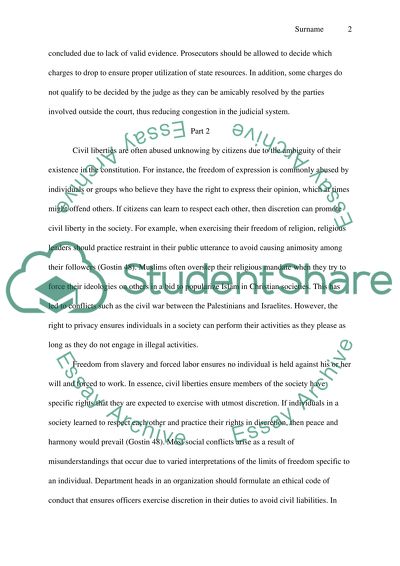Cite this document
(“Criminal justice Essay Example | Topics and Well Written Essays - 1250 words - 1”, n.d.)
Criminal justice Essay Example | Topics and Well Written Essays - 1250 words - 1. Retrieved from https://studentshare.org/law/1463446-criminal-justice
Criminal justice Essay Example | Topics and Well Written Essays - 1250 words - 1. Retrieved from https://studentshare.org/law/1463446-criminal-justice
(Criminal Justice Essay Example | Topics and Well Written Essays - 1250 Words - 1)
Criminal Justice Essay Example | Topics and Well Written Essays - 1250 Words - 1. https://studentshare.org/law/1463446-criminal-justice.
Criminal Justice Essay Example | Topics and Well Written Essays - 1250 Words - 1. https://studentshare.org/law/1463446-criminal-justice.
“Criminal Justice Essay Example | Topics and Well Written Essays - 1250 Words - 1”, n.d. https://studentshare.org/law/1463446-criminal-justice.


